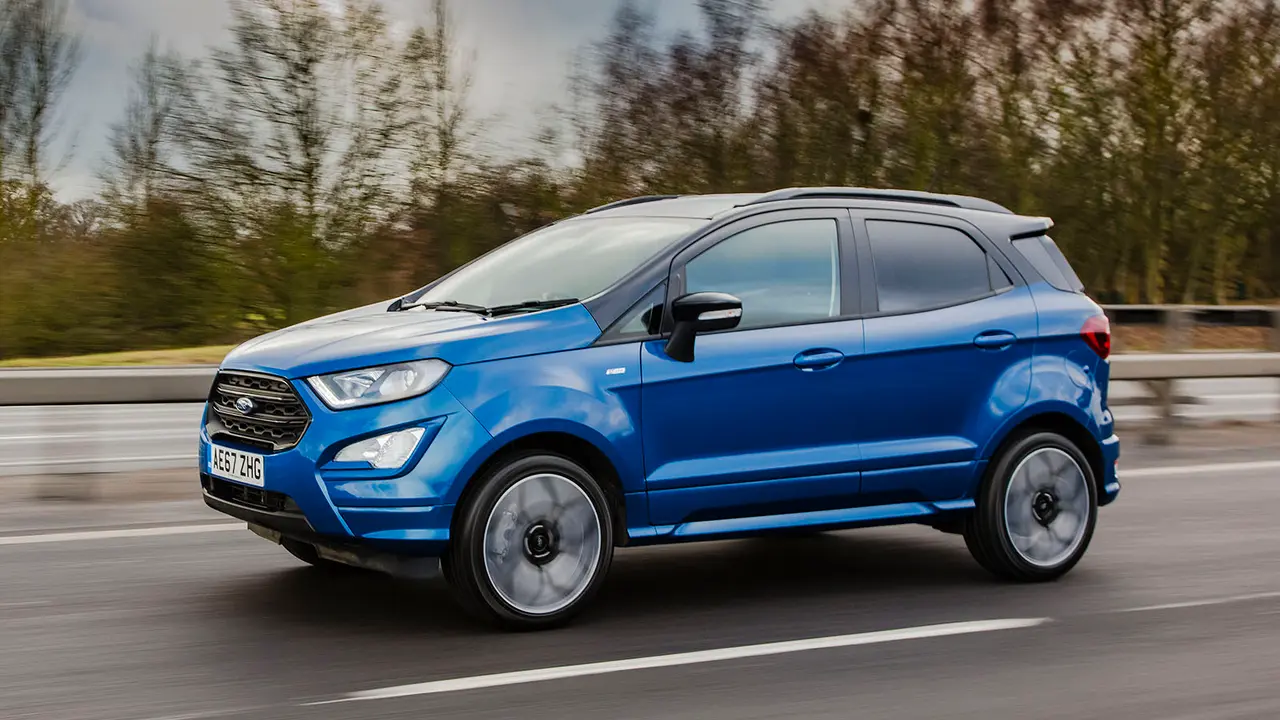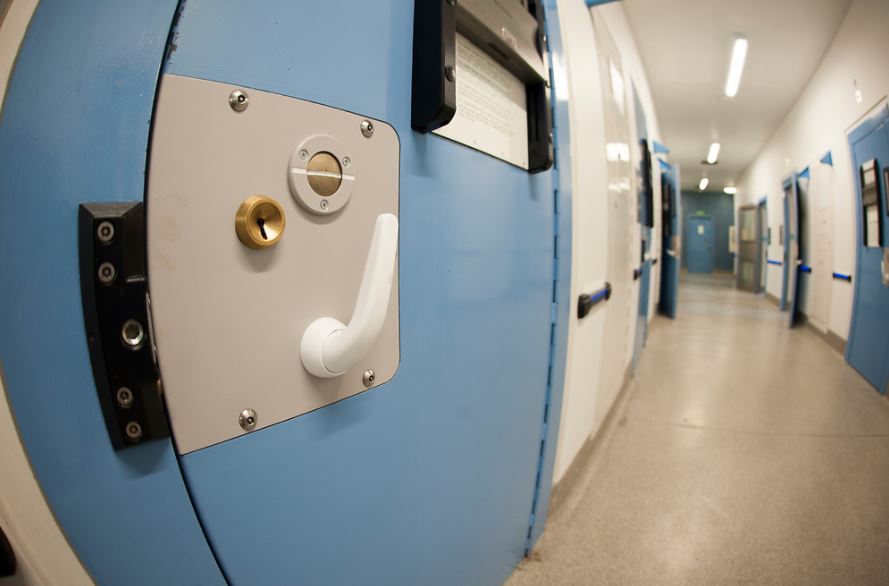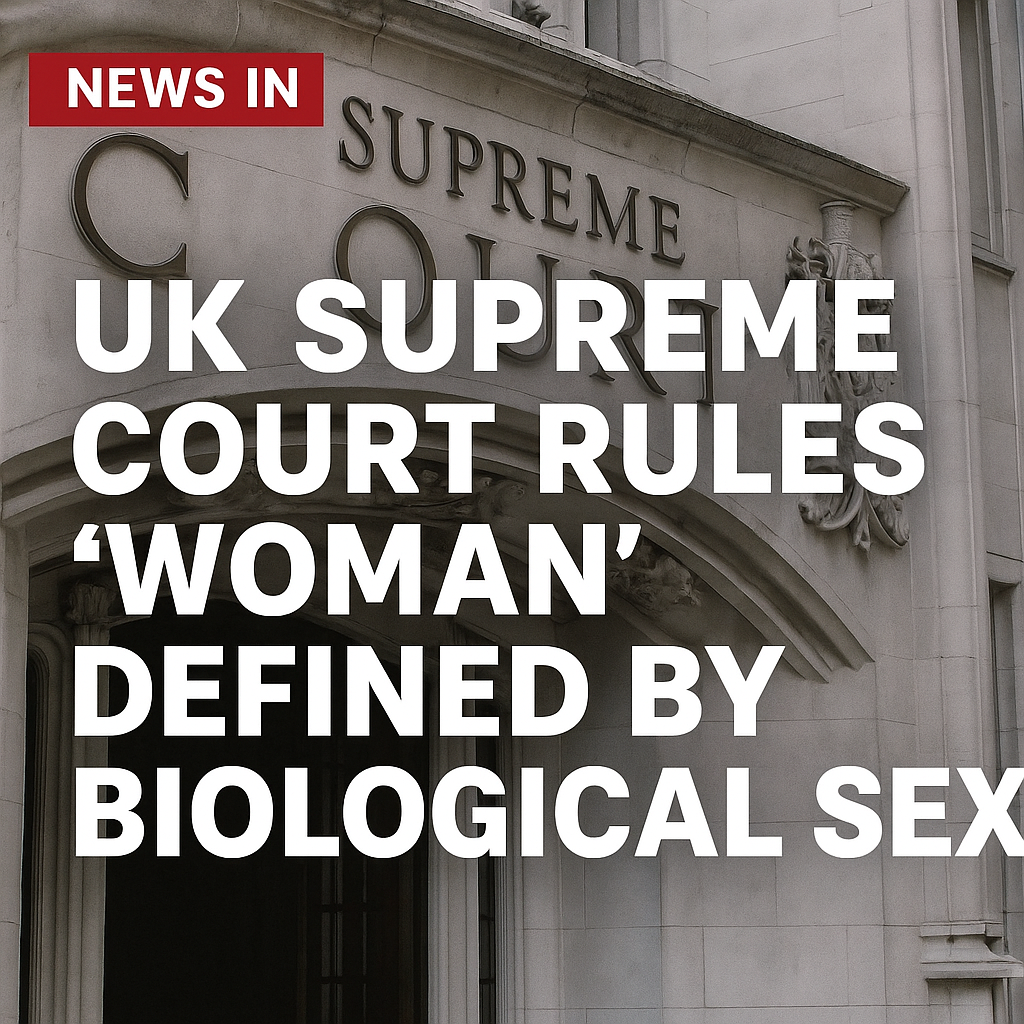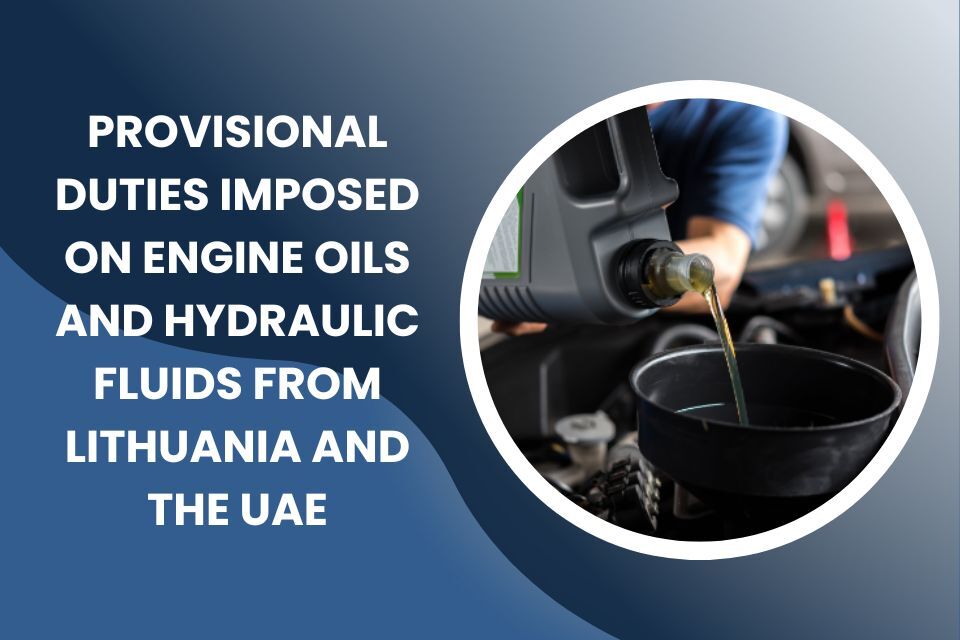|
Getting your Trinity Audio player ready...
|
Ford is at risk of incurring a £100 million fine as it struggles to meet its electric vehicle (EV) targets amid challenges transitioning from petrol and diesel models. The automotive giant faces mounting pressure to align with the UK government’s ambitious push for a greener future in line with its 2030 ban on new petrol and diesel car sales.
Under the UK’s zero-emissions vehicle (ZEV) mandate, manufacturers must ensure a set percentage of their sales are electric or face financial penalties. For 2024, 22% of new car sales must be zero-emission vehicles, with that figure rising to 80% by 2030. Failure to comply results in fines of £15,000 per vehicle below the target.
Ford, which has been vocal in its support of the 2030 ban, has admitted it is struggling to meet the targets, citing supply chain constraints, consumer hesitancy, and insufficient charging infrastructure as key obstacles.
Transition Challenges
Despite investing heavily in electrification—including plans to introduce nine new electric models in Europe by 2024 and a commitment to all-electric passenger vehicle sales by 2030—Ford has faced delays and slow consumer adoption. The company has already unveiled the electric Ford Mustang Mach-E and E-Transit van, but the transition away from petrol and diesel remains a challenge.
A Ford spokesperson said:
“We remain committed to leading the charge towards electrification, but the pace of change must be supported by investment in charging networks and incentives for consumers to make the switch. Collaboration between manufacturers, governments, and stakeholders is essential to achieving these goals.”
Industry Concerns
Ford is not alone in its challenges. Industry leaders have expressed concerns over the readiness of the UK’s EV ecosystem, warning that supply chain disruptions and high costs of raw materials like lithium for batteries are creating barriers to scaling production.
The Society of Motor Manufacturers and Traders (SMMT) has called for more government support, including grants for consumers, investments in EV infrastructure, and policies to stabilize raw material costs.
Mike Hawes, CEO of the SMMT, said:
“The ZEV mandate is a vital tool for decarbonizing transport, but it must be implemented in a way that recognizes the practical challenges faced by manufacturers and consumers alike.”
The Road Ahead
Ford’s potential £100 million fine serves as a stark reminder of the high stakes tied to the UK’s electrification goals. With 2030 fast approaching, the company and the wider automotive industry are under immense pressure to accelerate the transition to EVs.
As Ford navigates this critical juncture, its success—or failure—could have far-reaching implications for the UK’s journey toward a zero-emissions future.
Our Top Stories This Week
About The Reporter
Managing Director of Kearney CK Group Limited



















































